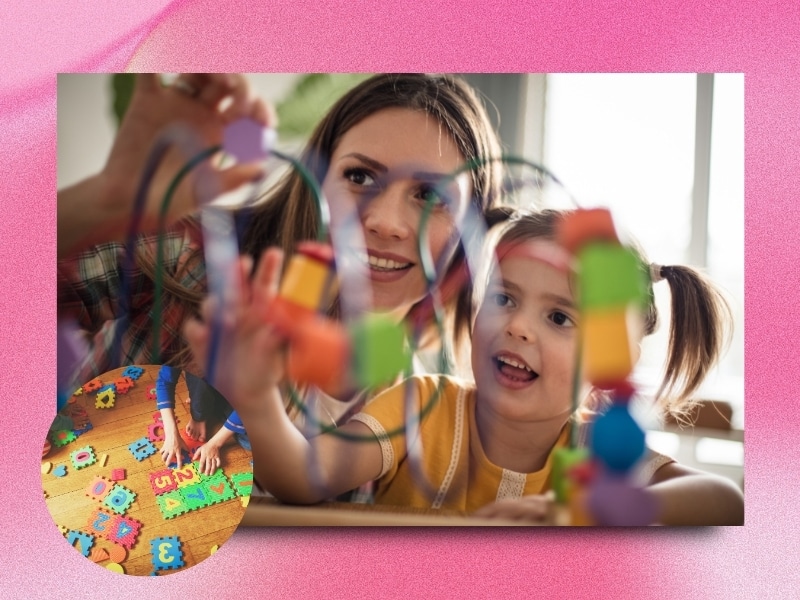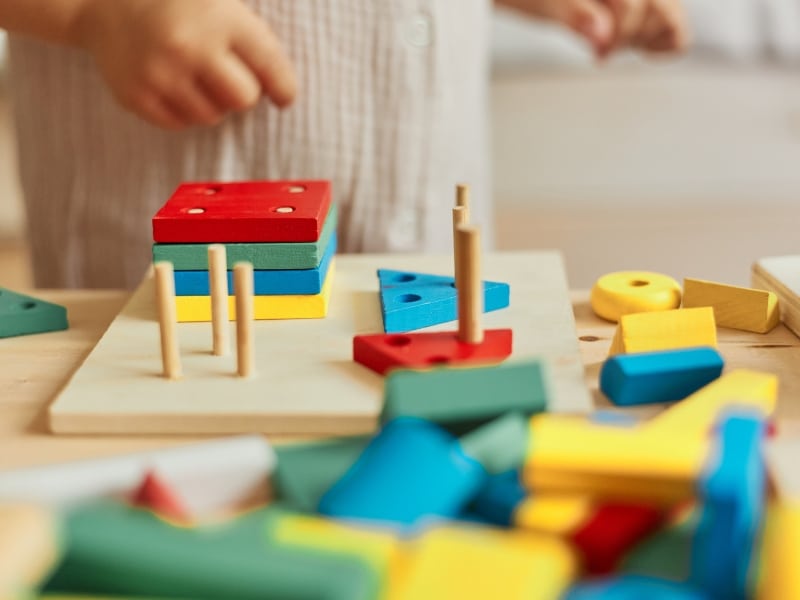Who Can Help Children Transition To School Life Smoothly?

What is the importance of a smooth school transition for children?
A smooth transition to school is essential for a child’s emotional and academic success. Starting school is not just about adjusting to a new environment but also about adapting to a new routine, meeting new people, and learning how to function in a group setting. When children experience a positive transition, they are more likely to:
- Feel confident and secure in their new environment.
- Build social skills and friendships.
- Develop a positive attitude towards learning.
- Improve their overall emotional well-being.
- Experience less anxiety and stress.
What role does early childhood education play in school transition?
Early childhood education (ECE) plays a vital role in helping children transition to school life. Here’s how it can make the process smoother:
- Familiarity with routines: Structured activities accustom children., which makes the school schedule feel more familiar.
- Socialisation: ECE programs encourage interaction with peers, allowing children to build social skills such as sharing, taking turns, and working in groups.
- School readiness: Early learning programs often include lessons on basic academic skills like numbers, letters, and shapes, preparing children for the learning environment in school.
- Emotional support: ECE professionals are skilled at supporting children emotionally, helping them adjust to new experiences and manage feelings of separation anxiety.
- Self-regulation: Children learn to regulate their emotions and behaviour in social settings, which is essential for success in school.
What role do parents play in helping with the school transition process?
The significance of childcare support is evident, as parents are often the first and most significant support system for children during their school transition. Here’s how parents can help their children adjust:
- Provide reassurance: Let your child know that it’s okay to feel nervous about starting school. Reassurance can ease their anxiety and help them feel safe.
- Establish routines: Create consistent morning and evening routines to help children feel secure and understand what to expect each day.
- Encourage independence: Help children develop skills like dressing themselves and managing personal belongings to foster confidence.
- Be involved: Attend orientation sessions, meet with teachers, and be engaged in your child’s learning to show that school is an essential part of their life.
- Communicate openly: Keep communication lines open with teachers and caregivers, discussing any concerns or specific needs your child might have.

What are the challenges children may face during school transition?
While school can be an exciting new adventure, it also comes with its share of challenges. Children may face difficulties such as:
- Separation anxiety: Feelings of sadness or fear when leaving parents for the first time.
- Social anxiety: Meeting new children and forming friendships can be intimidating.
- Adapting to routines: Adjusting to the structure of school can be difficult.
- Fear of failure: Worrying about keeping up with peers academically.
- Bullying or exclusion: Facing social acceptance issues, leading to isolation or low self-esteem.
How can social and emotional development ease the educational transition?
Social and emotional development are critical factors in ensuring a smooth school transition. Here’s how fostering these skills can help:
- Building empathy: Helps children form positive relationships and interact respectfully with peers.
- Improving communication skills: Encourages children to express their feelings and needs, boosting comfort in social situations.
- Coping with challenges: Develops emotional resilience to handle the ups and downs of school life.
- Encouraging positive self-talk: Teaches children to bounce back with confidence after setbacks.
- Fostering a growth mindset: Promotes seeing challenges as opportunities to grow and approach school positively.
How can educational programs prepare children for educational transition
Educational programs, such as kindergarten and early childhood education services, underline the importance of early childhood education by preparing children for school in various ways.:
- Structured learning environments: Programs that follow a clear structure help children understand expectations and what school will be like.
- Focus on literacy and numeracy: Introducing basic academic concepts like letters, numbers, and shapes gives children a head start in school.
- Development of motor skills: Activities like drawing, cutting, and playing with building blocks help children develop fine and gross motor skills that are important for school tasks.
- Teamwork and collaboration: Group activities foster teamwork, teaching children how to cooperate with others and work towards common goals.
- Building confidence: Educational programs help children gain the skills they need to feel confident and capable in a school environment.

What benefits can early childhood experts provide during a school transition?
Early childhood experts, recognising the significant benefits of good childcare, can guide families through the transition process. Here’s how they can help:
- Personalised support: Experts assess each child’s individual needs and provide tailored strategies to ease their transition.
- Knowledge of developmental stages: They understand the developmental milestones that children go through and can provide appropriate guidance.
- Effective communication: Early childhood experts act as a bridge between parents and schools, ensuring that everyone is on the same page.
- Emotional guidance: They can offer strategies to help children cope with feelings of anxiety, fear, or stress related to starting school.
- Monitoring progress: Experts track children’s progress and offer advice on how to support them throughout their school transition.
Supporting your child’s smooth transition to school
The transition to school is a crucial milestone in a child’s life, one that can shape their emotional and academic development for years to come. Therefore, by working together, you can ensure that your child feels confident, secure, and excited about the new chapter ahead. In addition, early childhood education services, dedicated parents, and experts in child development all play a crucial role in helping children navigate this exciting yet sometimes challenging time.
At Innocent Minds, we offer daycare and early childhood education services for children aged 0-6, ensuring that your child is well-prepared for the school transition. Our kindergarten and toddler programs, along with play-based learning activities, help children develop the skills they need to thrive in school and beyond. Contact Innocent Minds today to learn how we can help your child transition to school life smoothly.
